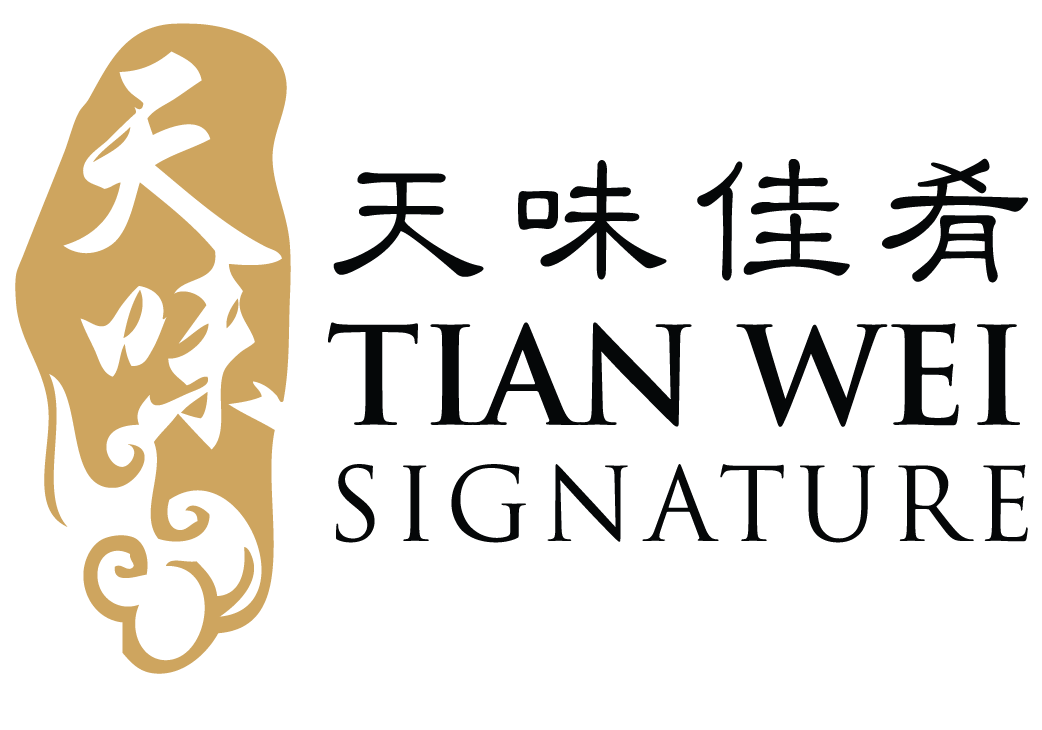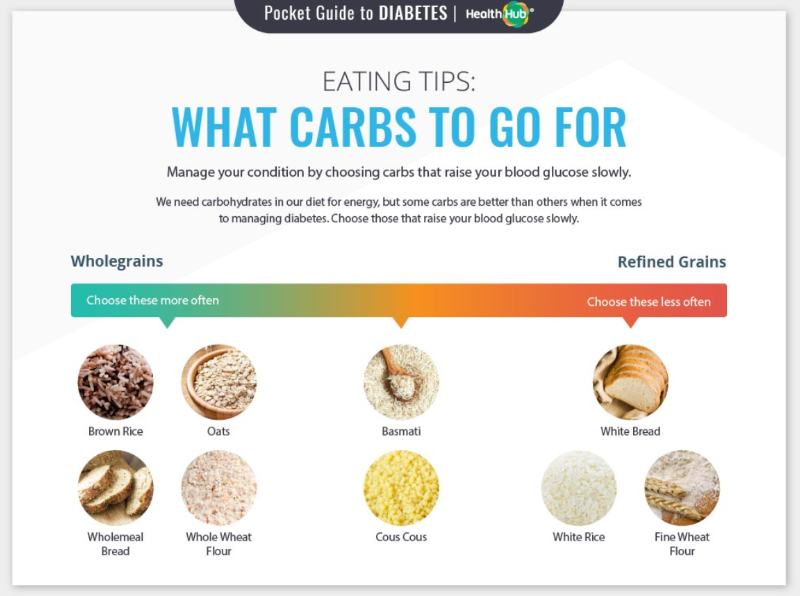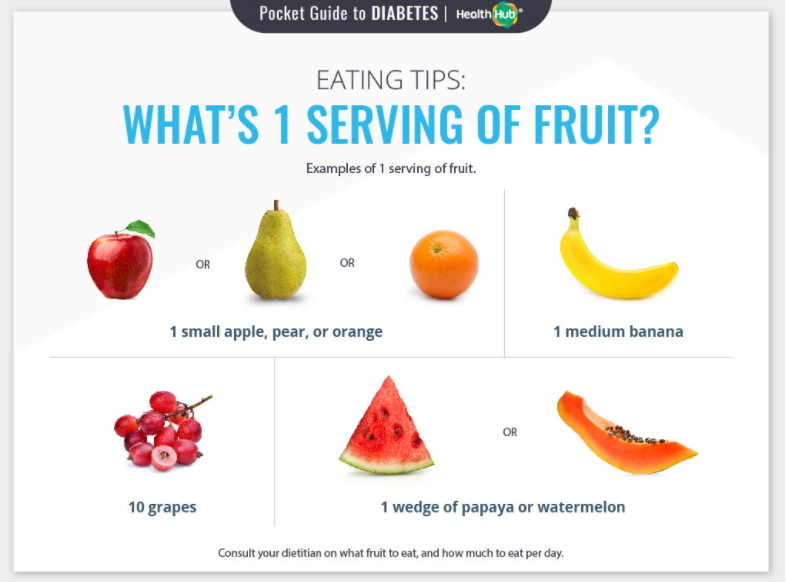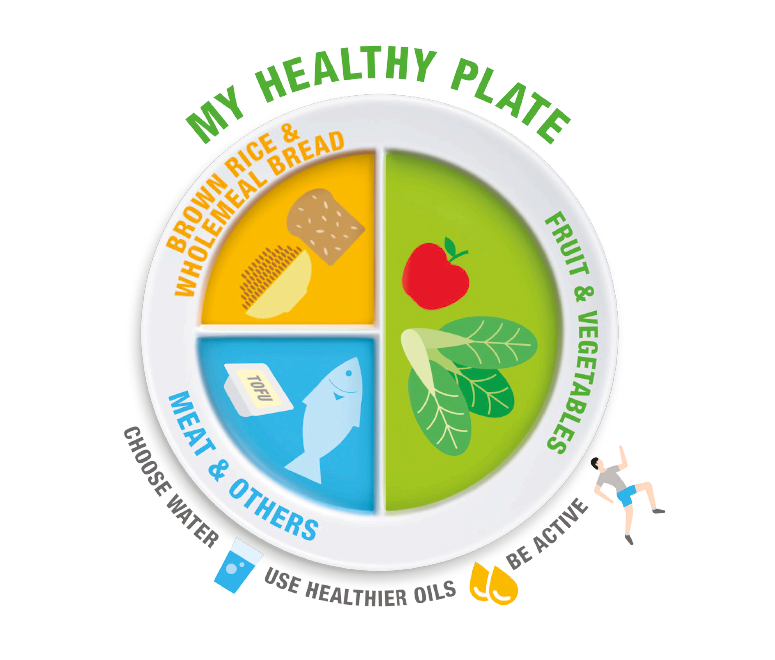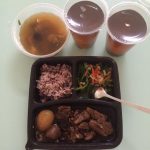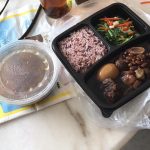81 Tagore Lane, TAG A, #01-11 Singapore 787502 ♦ Reservation : +65 6727 5599
Dietitian Shares: Is It Safe to Have Artificial Sweeteners During Pregnancy?

The War on Diabetes was launched by the Singapore Ministry of Health to help Singaporeans to take ownership and co-create solutions to reduce the prevalence of diabetes in the community. It’s been five years since the launch, according to The Strait’s Times, and it’s hardly made a dent in reducing the prevalence of diabetes in the community.
One of the active steps you see is that many drinks sold in our local hawkers, food courts and restaurants are “less sugar” options. Many of these drinks, like Coke Zero or Pepsi black, contain no sugar but are fully replaced with non-nutritive sweeteners. Original coke, sprite or usual packet drinks would have 30 to 50% reduced sugar with some added non-nutritive sweetener to compensate for the sweet taste many consumers are used to. All these drinks are readily available even at cinemas and many food eatery places without additional charges.
So, are these non-nutritive sweeteners doing any good to the community? How is it affecting us from the inside out? More importantly, are they safe for pregnant mummies?
Safe or Not Safe
It is considered generally safe by several government guidelines, including but not limited to Australia, New Zealand, and The United States of America. Although no links exist to cancer, controversy remains over its impact on obesity and metabolic health.
Research finds a possible association between those who take artificial sweeteners and a higher risk of obesity and type 2 diabetes. One of the theories discussed on how this phenomenon happens despite artificial sweeteners being zero calories is due to dysregulation in the appetite mechanism. The brain still receives the signals from the sweet taste, which strengthens the reward system and increases the desire for more sweet food, but the body does not receive signals for satiety due to zero calories. This creates the desire to eat more due to lesser satiety, thus, weight gain.
Impact on Babies
One human study on pregnant women found that artificially sweetened beverages may be linked to an increased risk of early childhood overweight. This gives an insight into how impactful nutrition is in early programming.
It is important to note that sweeteners like saccharine and acesulfame potassium cross the placenta and expose the foetus to these sweet-tasting chemicals. This may create a taste preference and dependence on sweeter foods, thus, babies with a higher tendency to have sweet-tasting foods, which translates to a higher risk of obesity.
Other discussions are the possible effects of non-nutritive sweeteners on gut health, which leads to other gut-related functions, glucose, and weight regulation.
Further research is needed to investigate the underlying biological mechanism.
Impact on Mummies
There was also a landmark study on Danish women who drank large quantities of at least one drink per day of artificially sweetened soft drinks during pregnancy and were significantly more likely to have pre-term births. This study was over an analysis of 59,000 pregnant women.
Whilst there is debate around alternative sweeteners during pregnancy, it’s best to minimise intake wherever possible due to the possible impact of sweeteners on taste preferences in the foetus. Generally, it is considered safe for the general public. However, my professional opinion for pregnant mothers is to limit the intake. Aiming to reduce overall sugar without replacing it with a non-nutritive sweetener should be the long term goal.
Controlling Blood Glucose without Non-nutritive Sweetener
Do you know about gestational diabetes or more commonly known as diabetes during pregnancy? It is a condition in which there is a high level of sugar in the bloodstream during pregnancy. While it is common for mothers’ sugar levels to return to their previous state after childbirth, it is important to remember that mothers who contracted gestational diabetes are more likely to be inflicted with Type 2 diabetes later in life. However, it’s not all gloom and doom. There is a way to reduce your risk of having gestational diabetes and manage your sugar levels. Through a proper diet plan, of course!
Whether or not you have gestational diabetes, it is always good to not overindulge in sweet foods and drinks. If you have a sweet tooth, depending on non-nutritive sweeteners to keep your cravings for sweet drinks in check may not be the best idea. Nevertheless, all types of pregnancy can benefit from a diet that has regular portion control, regular meal times and limits excessive sugar intake.
Here are some hot tips on how we can be less dependent on non-nutritive sweeteners and be more aware about foods that affect our blood glucose, especially in mothers who have gestational diabetes.
Carbohydrates are not the root of all evil. It is what gives our body energy to function. Many of these foods that contain carbohydrates carry other vitamins and minerals that are essential for our health. Thus, it is important to firstly…
#1 Identify Carbohydrate Sources and Choose Wisely
| Grains/ Cereals | Bread, Noodles, Oats, Porridge, Rice, Pratha, Cracker |
| Fruits | Apple, Banana, Pear, Papaya, Grapes, Kiwi |
| Starchy Vegetables | Potato, Pumpkin, Corn, Sweet Potato, Tapioca, Yam |
| Legumes | Lentils, Kidney Beans, Mung Beans, Adzuki Beans, Chickpea |
| Dairy | Cow’s Milk, Yogurt |
| Sweet Beverages | Teh Tarik, Fruit Juice, Kopi, Bubble Tea, Soft Drinks |
All the different sources of carbohydrates stated above will eventually be digested into its simplest form called glucose in our body to produce energy. However, some of these carbohydrates are better than others.
We should have whole grains more often in our diet and limit our intake of refined grains and simple sugar. This is mainly because foods that are high in simple sugar or are of refined grains are digested easily and faster, causing your blood sugars to spike!
On the other hand, whole grains take longer to digest, causing a gradual uptake of blood sugars. Thus, whole grains sustain you with energy throughout the day more consistently than refined grains and foods high in simple sugars. Refrain from consuming junk food or carbonated drinks altogether, as they contain an unhealthy amount of sugar.
Source: Health Hub SG
Some pregnancy food to avoid or to be limited are:
- Sweet beverages
- Fruit juice
- Sweet snacks
- Desserts
#2 Increase your Fibre Intake
Fibre helps to prevent carbohydrate foods from being quickly digested and absorbed by our body. So, besides including whole grains in your diet, we should eat fruits and vegetables too! Not only can they increase our fibre intake, but they are also packed with vitamins and minerals! The recommended daily intake by the Singapore Health Promotion Board is 2+2 servings of fruits and vegetables daily. While non-starchy vegetables are encouraged to be better, that’s not the case for fruit, as fruits are easily digested and can spike our sugars if we take too much, especially in those who have gestational diabetes. Due to these characteristics of fruits, it is good practice to:
- take only 1 serving of fruit at a time
- have 1 serving of higher fibre fruits as a snack/ pair your fruits with some healthy fat spread
- choose to have the fruit itself over fruit juice
As for the serving size of vegetables, just remember to have half your plate filled with non-starchy vegetables similar to the “My Healthy Plate” as illustrated by Health Hub SG below: If you do choose to have some starchy vegetable to be part of your meal such as corn, potatoes, yams, tapioca, pumpkin, etc. then do cut down some of your staples.
#3 Make Healthier Snacks
Having healthier snacks can be pretty tough, as most snack options you think of are high in carbs and sugar! But what do you do if you’re hungry and need something in between meals but are too afraid it will spike your sugar up? Well, the trick is to try pairing up your choice of snack with protein or fat. This helps to increase the length of time your body needs to digest these foods, thus slowing down the glucose uptake by the body and keeping you full longer! If you are looking for safe and durable snack containers, MumChecked offers a wide range of them with the best deals!
Some suggestions of healthy snacks are:
- 3 pieces of crackers + egg mayo
- An apple (sliced) or banana + 1 tbsp unsweetened peanut butter
- A small bowl of cut fruits + 1 handful of nuts or 1 tbsp of seeds
Some snacks that are diabetic friendly just by itself:
- 1 cup of plain yoghurt
- A handful of Chickpeas
- A handful of nuts
- ½ cup of edamame
#4 Stay Active!
Being active regulates your weight during pregnancy and reduces the risk of oedema, promotes good blood circulation, helps you to keep fit and improves muscle tone, improves ease of labour and facilitates postpartum weight loss.
Furthermore, being active also helps to regulate your blood glucose levels. Research has found that having aerobic and strength exercises helps to improve insulin sensitivity leading to good blood glucose control.
Consult your doctor or a physiotherapist about which exercise suits your needs and your current fitness level during pregnancy. It differs from person to person. Plus, keeping an eye on what foods to avoid when pregnant would also aid your exercise routine in regulating your weight.
A proper diet and healthy lifestyle can help you to prevent diabetes during pregnancy, and you will be able to have a healthier pregnancy and a smoother delivery as well. After all, you are what you eat!
So if you are considering finding a suitable confinement catering Singapore service, it’s important to understand the foods they are serving, such as adequate protein, vegetables and incorporation of whole grains to sneak up more fibre into the diet. Foods like Chinese confinement soup are also a great option for mummies to have as an alternative way to hydrate themselves apart from warm water or red dates tea. It’s filled with electrolytes and amino acids from double-boiling chicken or pork for long hours. Planning your dietary intake during confinement through a Confinement food Singapore provider may be very helpful in keeping your meals regular without much effort.
